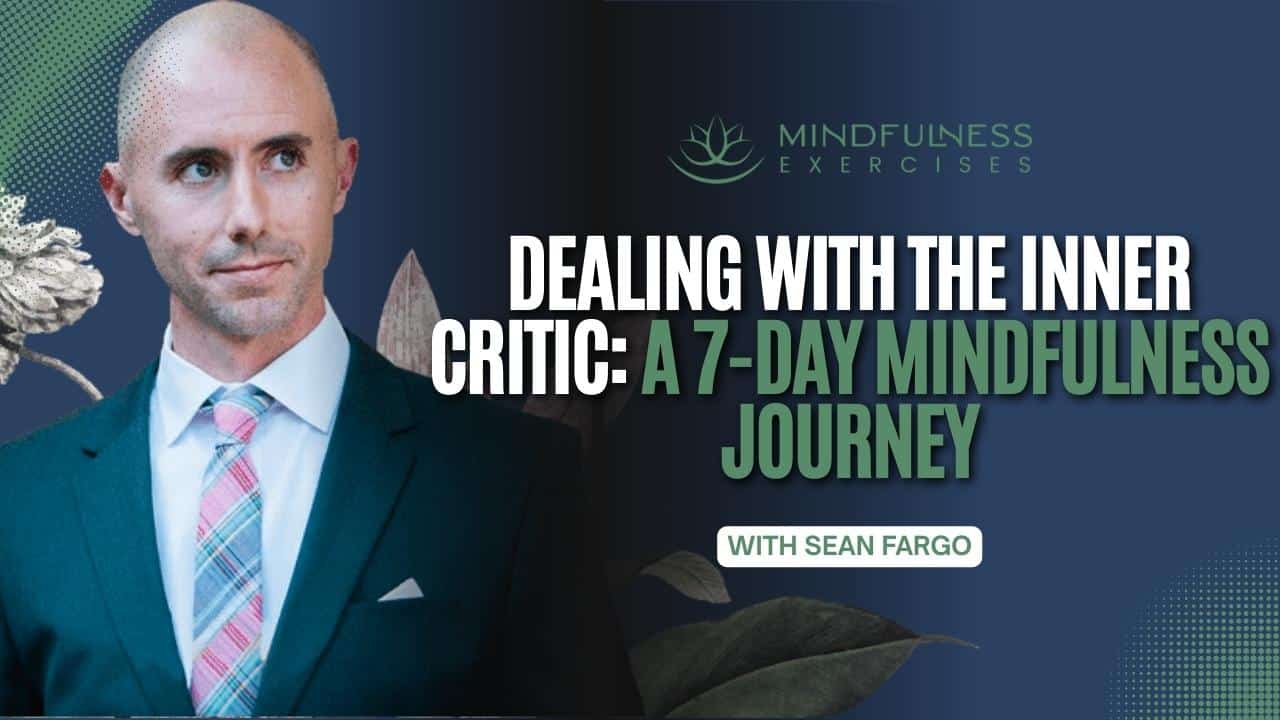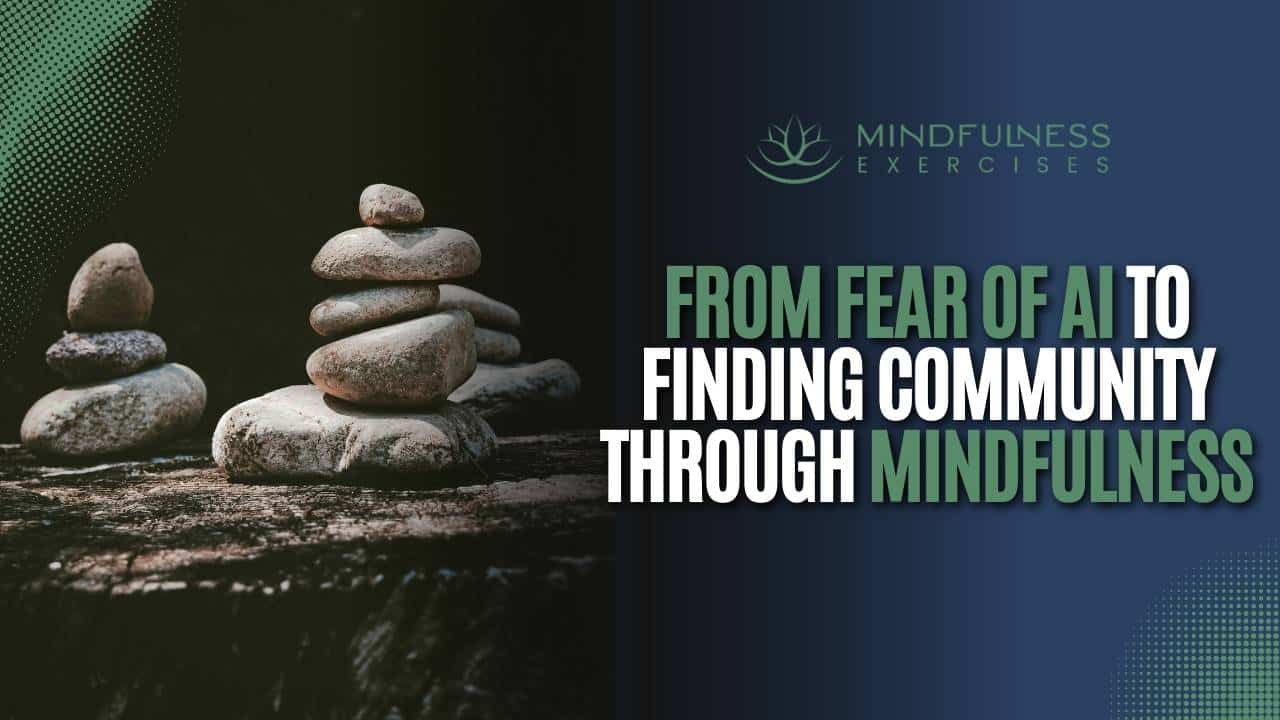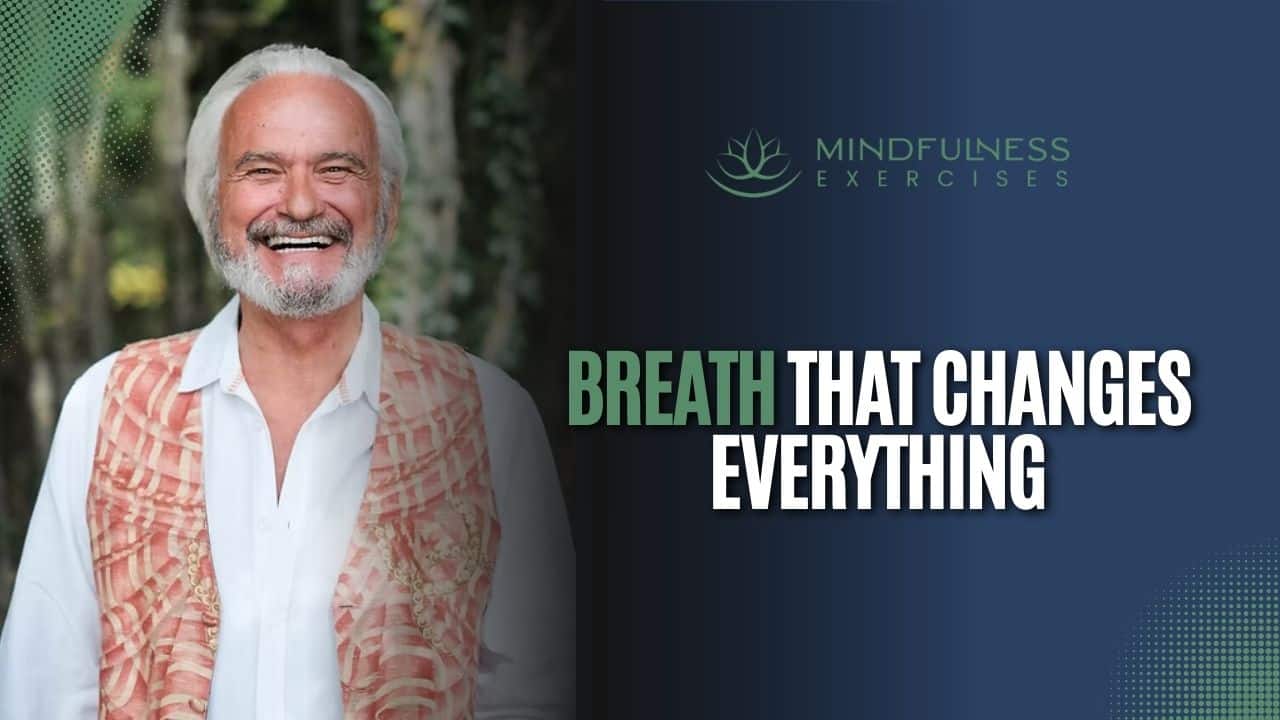Listen now
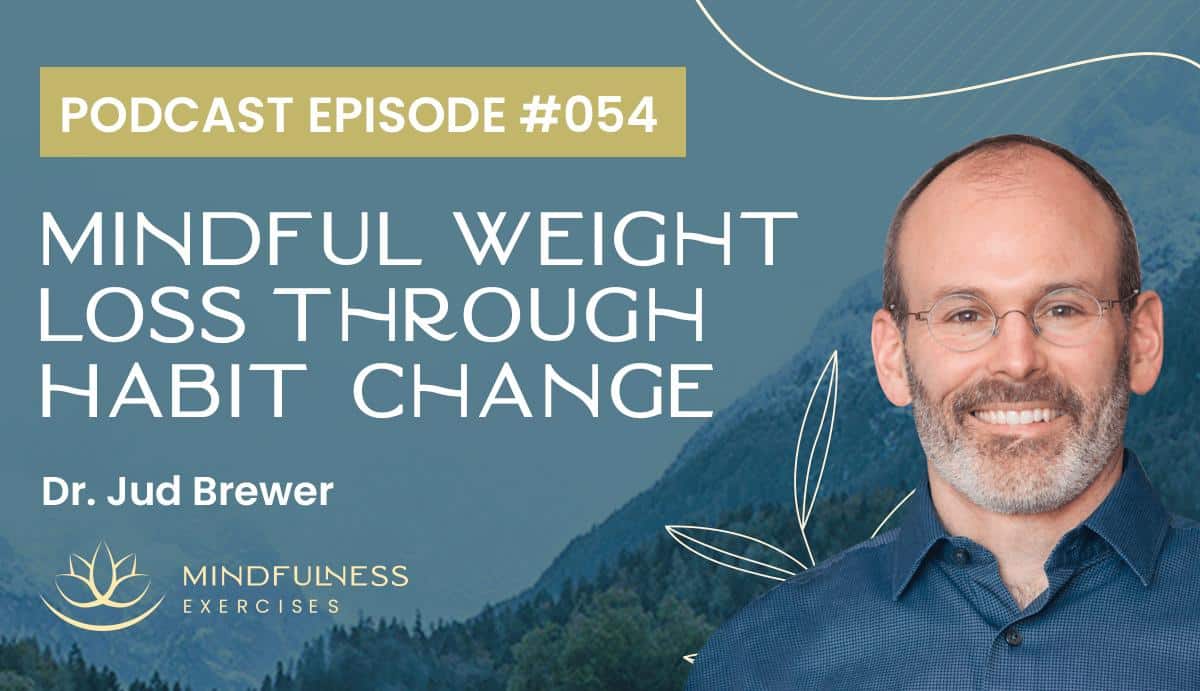
When it comes to losing weight or overcoming addiction, which is more powerful: the ancient wisdom of mindfulness or the strength of your willpower? The answer may surprise you.
In this episode, we hear from author and researcher Dr. Judson Brewer, a pioneer in the science of mindfulness-based habit change. Dr. Jud explains the neurological mechanisms behind habit formation and why weight loss is unsuccessful when we try to force change.
Dr. Jud Brewer is a psychiatrist, neuroscientist and author who studies the intersection between mindfulness and addiction. He has written two New York Times best-sellers, The Craving Mind and Unwinding Anxiety. His 2015 TED Talk, “A Simple Way to Break a Bad Habit” has been viewed over 20 million times.
Sponsored by our Mindfulness Meditation Teacher Certification Program
certify.mindfulnessexercises.com
What You’ll Learn in This Episode:
Show Notes:
The limits of knowing the weight loss formula
We’ve all heard of ‘calories in versus calories out,’ and yet, the obesity epidemic is still growing. Dr. Jud explains why we can’t think our way into weight loss, despite knowing how to lose weight. We have been approaching weight loss from a logical perspective, but that is not how our brains work.
“Now, in medical school I learned a formula for weight loss, which is just making sure you have more calories out than calories in. That formula is correct, it was correct then, it is still correct. Yet knowing this formula doesn’t actually do a whole lot. Folks are becoming overweight despite knowing these formulas. We can’t think our way into weight loss.”
Why willpower fails us
Unfortunately, many still see obesity as a failure of willpower. But there’s scant scientific evidence that willpower even exists. As we learn from Dr. Jud, there’s a physiological reason we can’t rely on the brain to make good decisions when we’re hungry. The part of our brain that would ideally have us say no to that chocolate cake is the first part of our brain to go offline when we’re stressed, or hungry.
“In fact, in modern day neuroscience, willpower is seen as more myth than muscle. There are actual real arguments about whether willpower is a thing at all.”
The truth about dopamine
Pleasure molecule? Not so fast. Dr. Jud describes why it’s not pleasure but dissatisfaction that keeps us repeating the craving cycle. At first, dopamine fires when we get something pleasurable. However the next time it fires earlier, acting not as a reward but as a motivator, which drives our behavior. This is called the dopaminergic drive.
“People talk about dopamine being a pleasure molecule. Yeah, it’s not. Dopamine is there to help us lay down memory. If you look at the way that it functions, we talked about when something surprising happens. Surprise is not joy, it’s surprise. It’s not supposed to be pleasant, it’s supposed to urge us to go do something. And what urges us to do something is the unpleasantness, the dissatisfaction in experience that says, go make this better. [...] When we get caught up in craving, that’s where suffering happens. That’s not pleasure.”
A neuroscientist’s definition of mindfulness
Dr. Jud offers us a logical definition of mindfulness, which includes its practical use as a tool for habit change and for navigating our everyday lives. If we know how our own brain (and the process of habit formation) works, we can use this knowledge to alter the process and use it to our advantage.
“The way I like to think of mindfulness is paying attention. From a mechanistic perspective, it’s about helping us see when we are acting automatically, when we are reacting based on our conditioning. And instead of habitually reacting, we drive this wedge of awareness in, so that we can respond with awareness. The suggestion is that if we actually bring awareness in, actually things take care of themselves.”
The disenchantment hack
Mistakenly, we think the solution to craving is getting what we want. But when we get what we want, we only want more. We remain in the cycle of craving. Dr. Jud explains how awareness of this cycle, and curiosity about the truth of reward can free us from cyclical, mindless behavior.
“This is really straight from the suttas, you know, exploring the results of the behavior, exploring gratification to it’s end basically, asking questions like ‘what do I get from this?’”
The 3 elements common to all habits
Awareness of how habits work is the first step to changing them. Dr. Jud closes with a review of his simple, 3-step habit map, which we can use to address any unwanted habit, including overeating. Once we identify the trigger, behavior and result of any habit, we can apply curiosity, which is much more likely to disrupt the habit cycle than trying to force change.
“Curious awareness may be that substitute that we’ve all been looking for. Rather than willpower or some other force-based methodology.”
Additional Resources:
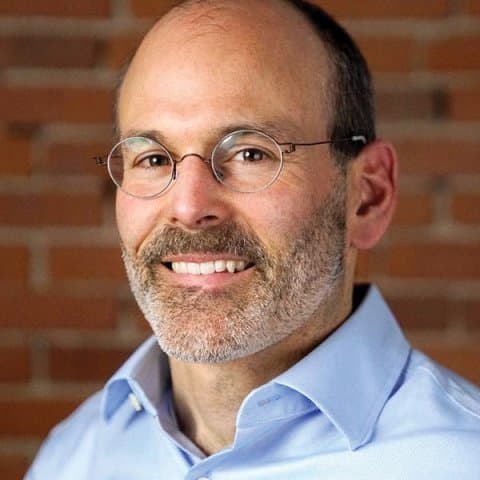
About Dr. Jud Brewer:
Jud Brewer, MD, PhD, known as “Dr. Jud” to most, is a New York Times best-selling author and thought leader in the field of habit change. His teachings blend over 20 years of mindfulness training experience with his career in scientific research.
As a psychiatrist and internationally known expert in mindfulness training for treating addictions, Dr. Jud has developed and tested novel mindfulness programs for habit change, including both in-person and app-based treatments for anxiety, emotional eating, and smoking.
He is the author of The Craving Mind: From Cigarettes to Smartphones to Love, Why We Get Hooked and How We Can Break Bad Habits and the New York Times best-seller, Unwinding Anxiety: New Science Shows How to Break the Cycles of Worry and Fear to Heal Your Mind.
Dr. Jud is the director of research and innovation at Brown University’s Mindfulness Center, where he also serves as an associate professor in Behavioral and Social Sciences at the Brown University’s School of Public Health and Psychiatry at the School of Medicine.

